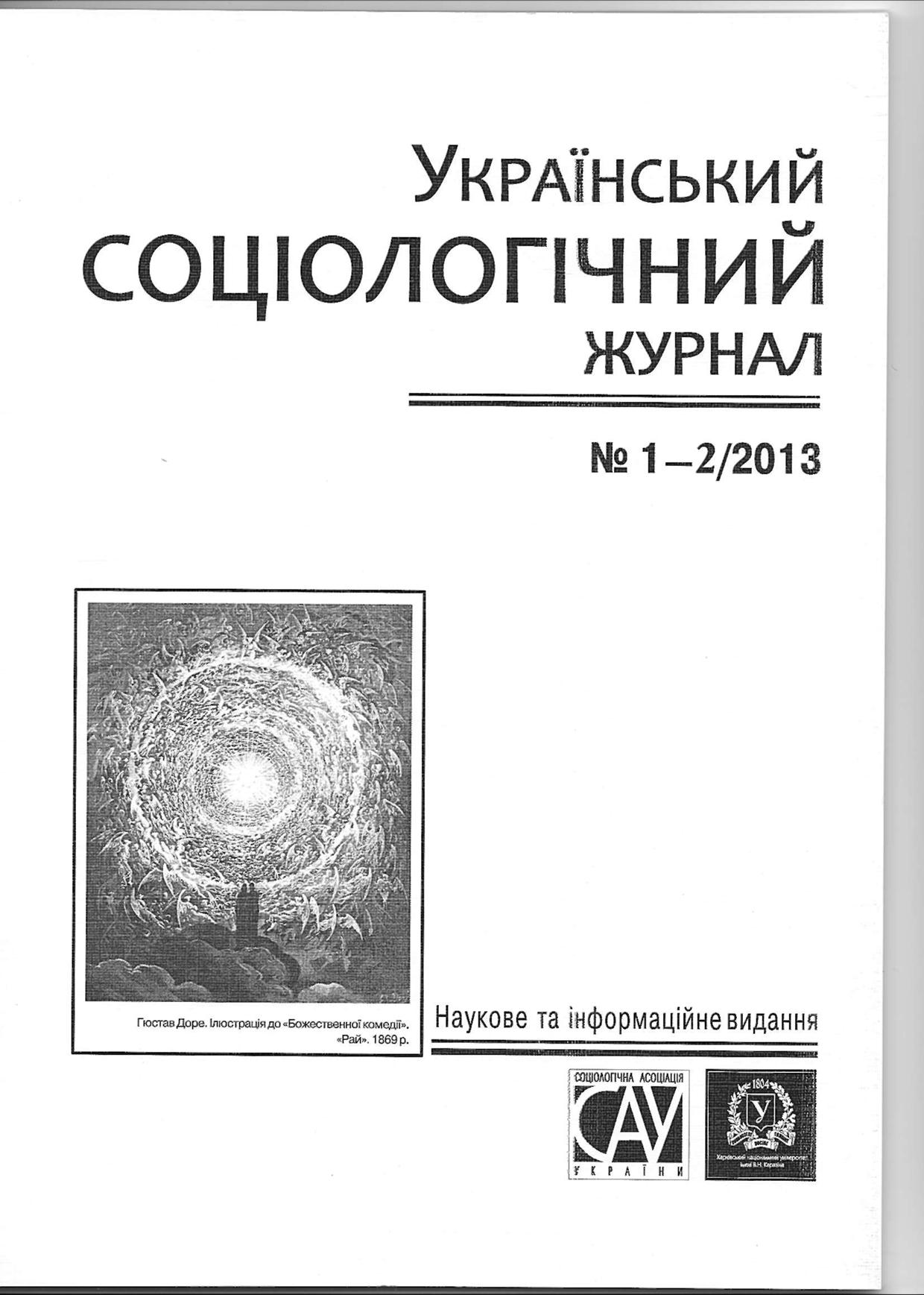Religious participation and civil society: the case of post-communist countries
Abstract
Features of the relationship between religion and civil society – namely, how the level of religious participation correlates with the level of civic activity in societies with dominance of different religious traditions – are considered in the article. The authors note that the consideration of the relationship between religion and civil society in post-communist countries is problematized by state of this society – the absence or underdevelopment of civil institutions, low levels of interpersonal trust and social capital, lack of motivation. According to the traditions of social capital study authors note that exactly membership in religious organizations played an important role in the formation of civic space and formation of institutions of civil society in countries of Europe and the USA.
Downloads
References
2. Патнэм Р. Чтобы демократия сработала. Гражданские традиции в современной Италии / Р. Патнэм. – М. : Ad Marginem, 1996. – 287 с.
3. Iannaccone L. R. Religious Practice: A Human Capital Approach [Electronic resourse] / L. R. Iannaccone. – Mode of access : http://csrs.nd.edu/assets/50013/religious_practice_a_human_capital_approach.pdf.
4. Finke R. Spiritual Capital: Definitions, Applications, and New Frontiers [Elektronik resourse] / R. Finke. – Mode of access : http://www.metanexus.net/archive/spiritualcapitalresearchprogram/pdf/finke.pdf.
5. Fennema M. Civic Community, Political Participation and Political Trust of Ethnic Groups / M. Fennema, J. Tillie // Connections. – 2001. – Vol. 24(1). – Pp. 26 – 41.
6. Willaime J.-P. Religion in Ultramodernity / J.-P. Willaime // Theorising Religion. Classical and Contemporary Debates. – ed. by James A. Beckford and John Walliss. – Aldershot, Ashgate, 2006. – pp. 77 – 89.
7. Pippa N. Sacred and Secular: Religion and Politics Worldwide / N. Pippa, R. Inglehart. – Cambridge, UK : Cambridge University Press, 2004. – 348 p.
8. Pollack D. Religious Change in Europe: Theoretical Considerations and Empirical Findings / D. Pollack // Social Compass, 2008. – 55(2). – Pp. 168 – 186.
9. Tomka M. Is Conventional Sociology of Religion Able to Deal with Differences between Eastern and Western European Developments? / M. Tomka // Social Compass. – 2006. – 53(2). – Pр. 251 – 265.
10. Borowik I. Between Orthodoxy and Eclecticism: On the Religious transformation of Russia, Belarus and Ukraine / I. Borowik // Social Compass. – 2002. – 49(4). – Рр. 497 – 508.
11. Віллем Ж.-П. Європа та релігії. Ставки ХХІ-го століття / Ж.-П. Віллем. – К. : Дух і Літера, 2006. – 331 с.
12. Davie G. New Approaches in the Sociology of Religion: A Western Perspective / G. Davie // Social Compass. – 2004. – 51(1). – Рp.73 – 84.
13. Миронович Д. Религиозный капитал и религиозное участие в странах новой восточной Европы / Д. Миронович, Е. Решетняк, С. Сальникова // Вісник Київського національного університету імені Тараса Шевченка: Соціологія. – 2013. – 1(4). – С. 16 – 27.
14. Billiet J. Assessing Cross-National Construct Equivalence in the ESS: The Case of Religious Involvement / J. Billiet, J. Welkenhuysen-Gybels // Paper presented at the European Conference on Quality and Methodology in Official Statistics, Mainz (Germany), 24–26 May 2004.
15. Pichler F. Patterns of Formal and Informal Social Capital in Europe / F. Pichler, C. Wallace // European Sociological Review, 23. – 2007. – Рp. 423 – 435.
16. Адам Ф. Социальный капитал в европейских исследованиях / Ф. Адам, Д. Подменик // Социологические исследования. – 2010. – № 11. – С. 35 – 48.




